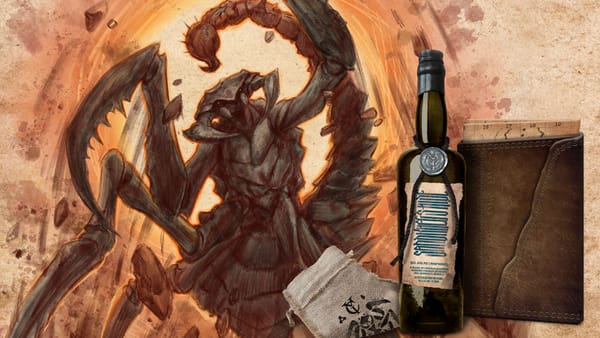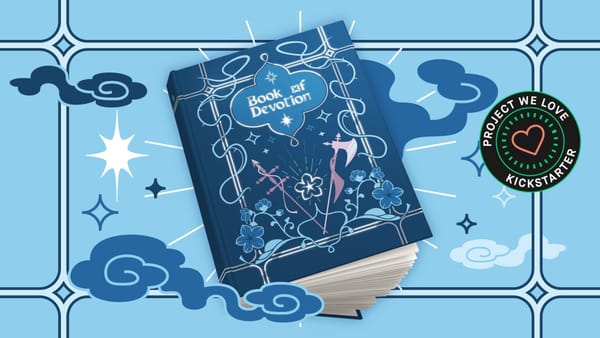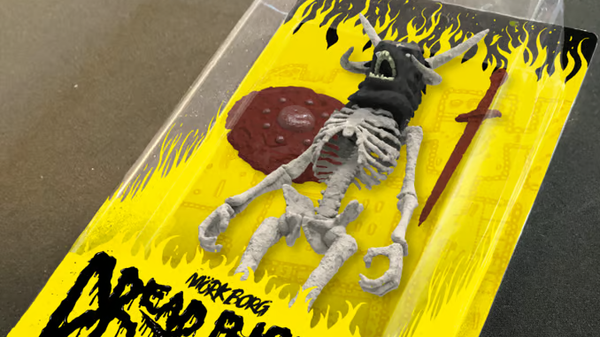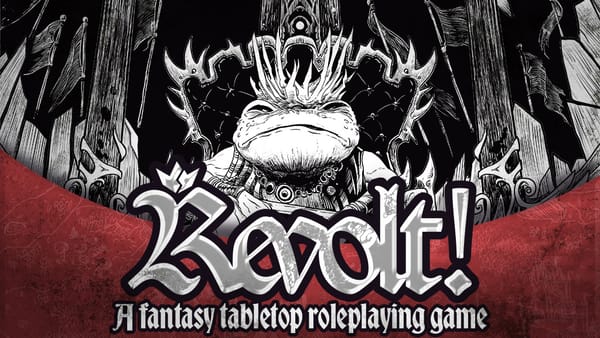Don’t serve me Empty Frontiers when I asked for sad, cowboy dirtbags
This yeehaw propaganda once hit harder.
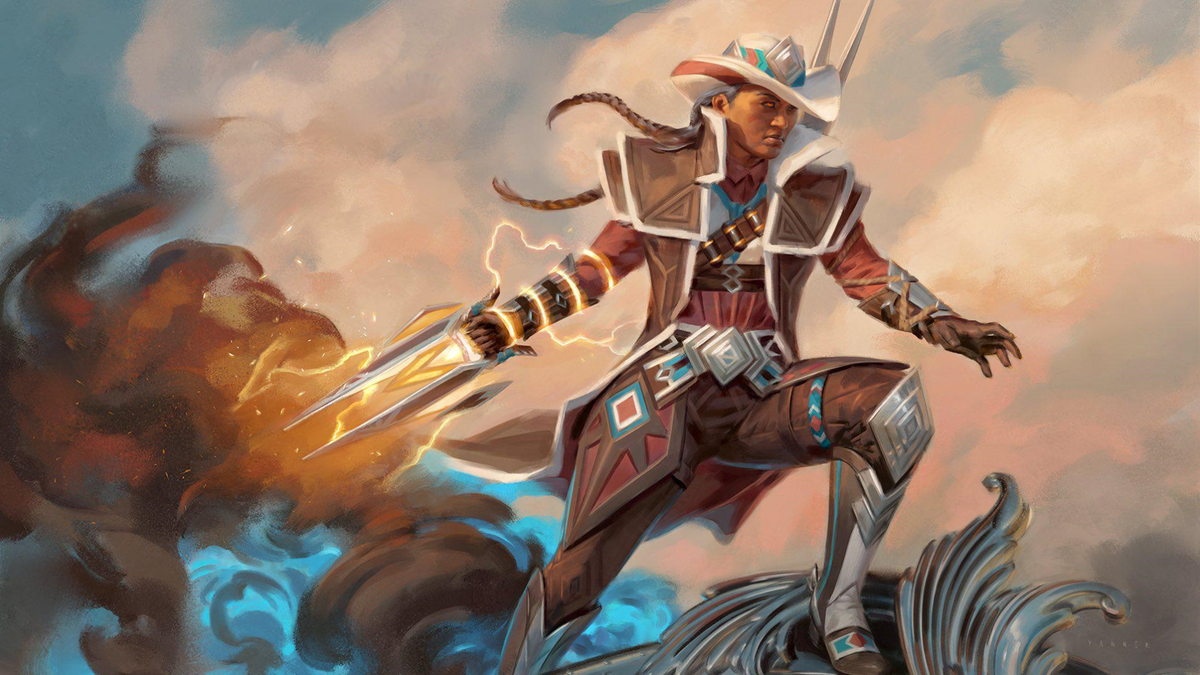
Deadwood, South Dakota is a town of small dreams and bloody grudges. It is a camp squatting outside the remit of the US Government and viciously wedged inside Lakota Sioux territory. It’s the oily smoke that rises from the wildfire called Manifest Destiny, choking sunlight from all but the most desperate, greediest weeds. More realistically, Deadwood is a television series from 2004 that wallows in the ugly truths of white settler colonial history even as it valorizes it, and I love every minute.
It is the best Frontier storytelling I’ve ever seen, thanks in no small part to a staunch disinterest in turning the camera away when its heroes–cowboys and outlaws, both–bear their selfish, naked humanity. Its fanciful retelling of a real town’s history centers on a reluctant sheriff fearful of his own wrath and a manipulative saloonkeeper grasping tight on the camp’s throat. They are orbited by swindlers, alcoholics, sex workers, murderers, outcasts, and pariahs of all moral stripes and ambitions.
In comparison, Magic: The Gathering’s Outlaws of Thunder Junction feels like a second-rate theme park. Plenty of beloved heroes and villains show up to the titular plane via a plot contrivance known as the Omen Paths, and every one of them–demons, mind wizards, fey tricksters, and tiny skeletons alike–don chaps and cowboy hats as if they were attending an ill-conceived mashup party between an anime convention and the honky tonk.


